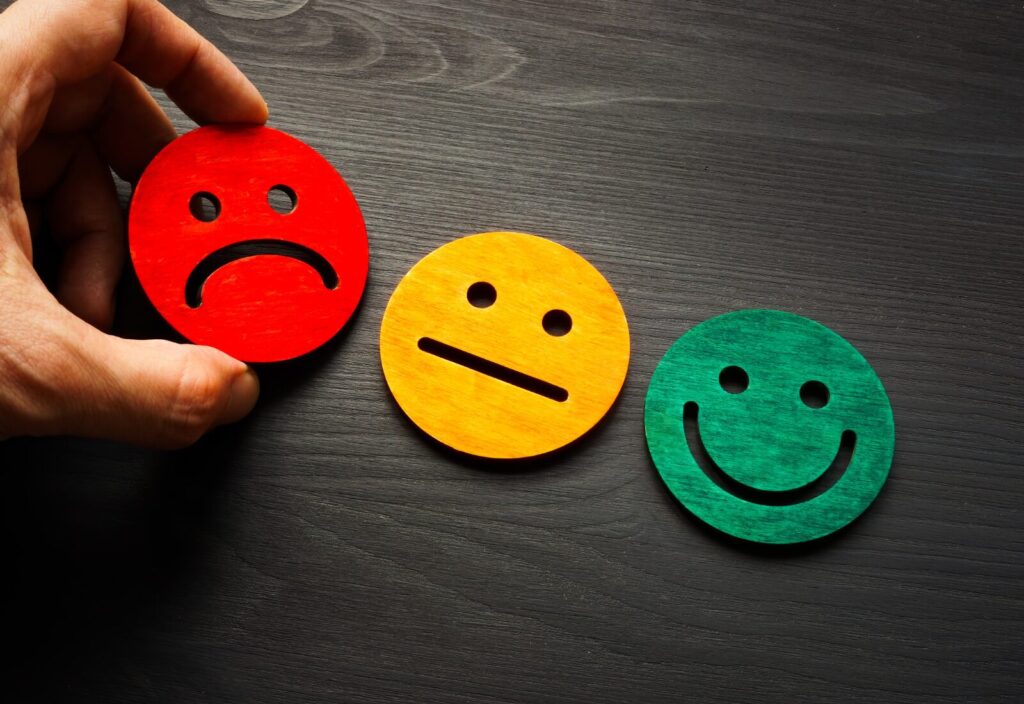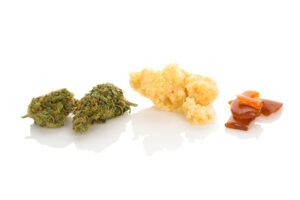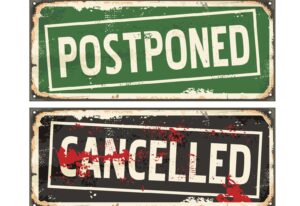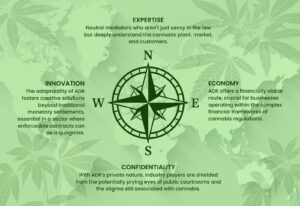Washington House Bill 2320
Washington State has often led the way in progressive cannabis policies. However, the introduction of House Bill 2320 by the Washington State legislature could mark a pivotal shift in this trajectory.
This bipartisan bill proposes to raise the minimum age to 25 years for purchasing and consuming products containing 35% or more THC, based on concerns over the potency of modern cannabis concentrates and their effects on young consumers. This legislation has sparked a heated debate among policymakers, health experts, cannabis industry stakeholders, and the general public. At the heart of this debate is the balance between public health safety and individual freedoms, the integrity of scientific research informing these policies, and the future of the cannabis industry in the state.
This post aims to dissect the implications of House Bill 2320, questioning the rationale behind its specific age restriction and potency limits, and arguing why this legislative approach may not only be misguided but potentially detrimental to the very goals it seeks to achieve.
House Bill 2320 and age limits for products of 35% THC or more
If signed into law, the bipartisan House Bill 2320 would prohibit the sale of any cannabis product that contains 35 percent or more to anyone under the age of 25.
This bill was introduced by Democratic Rep. Lauren Davis:
“Today, there’s no legal limit on the potency of the psychoactive element, THC, in cannabis concentrates,” Davis explained in a press release on her website. “Cannabis vape oils, dabs and shatter are regularly sold with a THC potency of nearly 100 percent, a tenfold increase in potency from when cannabis was legalized in 2012. These concentrated products are different. And dangerous.”
“The cannabis industry has changed considerably since cannabis was legalized,” Dent said. “This legislation is needed to address the ever changing market and put some measures in place to protect cannabis users and our youth.”
Dent and Davis primarily reference the November 2020 report from the Washington State Prevention Research Subcommittee in their research. This report, conducted jointly by Washington State University and the University of Washington, often conflates correlation with causation.
The underlying premise for this study was that there has been an increase in both cannabis potency and in the availability of high potency concentrates. Contrary to these claims, the potency of cannabis has not significantly increased. Rather, many growers have learned to manipulate the testing so their product shows high THC, which can get higher prices. One testing facility claimed a concentrate consisted of 103% THC!
Why I don’t like House Bill 2320
1. Scientific Evidence and Misinterpretation
The justification for House Bill 2320 heavily relies on a report that, critics argue, conflates correlation with causation regarding cannabis use and its effects. A more nuanced examination of scientific literature reveals that the relationship between cannabis potency and adverse health outcomes is complex and not as straightforward as the bill suggests. Moreover, the claim that cannabis potency has drastically increased ignores the variability and sophistication of cannabis cultivation methods that have been in practice for decades. Legislators should base regulations on a comprehensive review of scientific evidence rather than isolated reports that may not capture the full spectrum of research. Here is a great video where Paul Armentano calls out this unnecessary hysteria.
2. Inconsistencies with Age Restrictions for Other Substances and Responsibilities
The bill’s proposal to limit access to high-THC cannabis products to those 25 and older stands in stark contrast to regulations for other substances and adult responsibilities. At 18, individuals are deemed responsible enough to vote, enlist in the military, and make lifelong decisions about education and debt. This discrepancy raises fundamental questions about how society defines adulthood and the rights and responsibilities it entails. If young adults are trusted to make significant decisions in other aspects of their lives, restricting their access to cannabis based on an arbitrary age limit undermines this trust and contradicts existing legal precedents.
3. Impact on the Cannabis Industry and Consumer Behavior
By imposing strict limits on THC content for consumers under 25, House Bill 2320 risks stifling innovation and growth in the cannabis industry. Such restrictions may also drive consumers towards the black market in search of higher potency products, undermining the safety and regulatory gains achieved through legalization. The focus should instead be on promoting safe consumption practices, education, and quality control across all legal cannabis products, rather than imposing age-based restrictions that could have unintended economic and public health consequences.
4. A One-Size-Fits-All Approach to Drug Policy
The bill exemplifies a one-size-fits-all approach to drug policy that fails to consider individual differences in usage patterns, tolerance, and medical needs. Cannabis, like many substances, affects individuals differently, and policy should reflect a nuanced understanding of its use. Regulations must be flexible enough to accommodate the therapeutic use of high-THC products for young adults under 25 who may benefit from them, under proper medical guidance.
Vote No on Washington State House Bill 2320
As the debate around House Bill 2320 continues, it is crucial for lawmakers, stakeholders, and the public to critically assess the foundations and implications of this proposed legislation.
The discussion surrounding cannabis potency and age restrictions touches on broader themes of autonomy, public health, scientific integrity, and the role of government in regulating personal choices. While the protection of young consumers is a laudable goal, the approach taken by House Bill 2320 may not be the most effective or equitable way to achieve it.
Instead, we should strive for policies that are informed by comprehensive scientific research, respect individual freedoms, and promote the safe and responsible use of cannabis. Emphasizing education, harm reduction, and quality control can achieve the bill’s public health objectives without imposing arbitrary age restrictions that contradict existing legal standards for adulthood. As we navigate the complexities of cannabis regulation, let us ensure that our policies reflect a balanced consideration of evidence, ethics, and the diverse needs of our community.

























